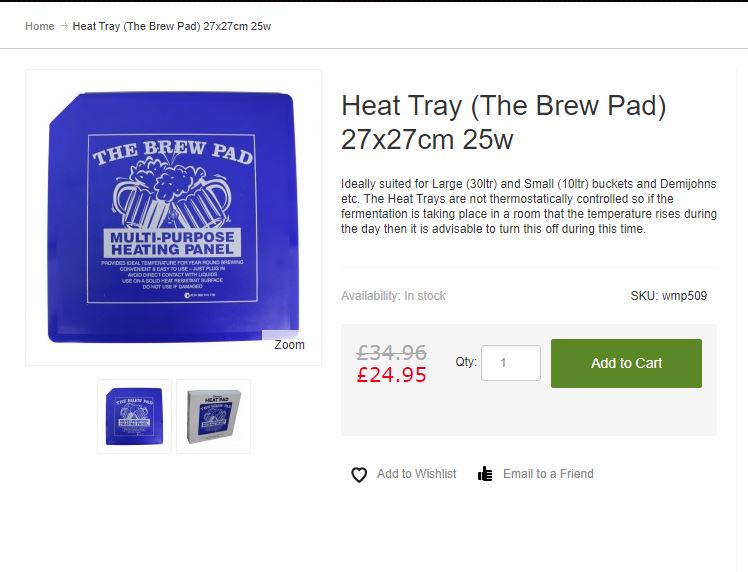kimosabby
Regular.
- Joined
- Sep 6, 2015
- Messages
- 234
- Reaction score
- 35
Gents.
been doing all grain beer for a couple of years and want to try my hand at wine. I've got a Calafornia Connoisseur Carbernet Sauvignon 6 bottle kit as an opener and need advice on a few basics:
I always treat my water for beer brewing with a Campden tablet to remove chlorine and chloramine; does it also apply to water for wine making?
After fermentation is complete by third week it doesnt state in the instructions regarding temperature to keep at for final degassing and clarification stage; is it fermentation temp 20C+ or it doesnt matter?
When pouring bottles of finished wine do you have to decant the whole bottle minus the sediment to stop it mixing with the wine? Reason I ask is i don't always want to drink a bottle of wine in a oner...(strange)
any help greatly appreciated thanks
Kimosabby
been doing all grain beer for a couple of years and want to try my hand at wine. I've got a Calafornia Connoisseur Carbernet Sauvignon 6 bottle kit as an opener and need advice on a few basics:
I always treat my water for beer brewing with a Campden tablet to remove chlorine and chloramine; does it also apply to water for wine making?
After fermentation is complete by third week it doesnt state in the instructions regarding temperature to keep at for final degassing and clarification stage; is it fermentation temp 20C+ or it doesnt matter?
When pouring bottles of finished wine do you have to decant the whole bottle minus the sediment to stop it mixing with the wine? Reason I ask is i don't always want to drink a bottle of wine in a oner...(strange)
any help greatly appreciated thanks
Kimosabby























![BREWING THERMOMETER STICKERS ACCURATELY MONITOR FERMENTING BEER & WINE LIQUID TEMPERATURES 5PCS HOME BREW SPIRITS WINE LCD ADHESIVE [US]](https://m.media-amazon.com/images/I/311DDjo2X3L._SL500_.jpg)


















